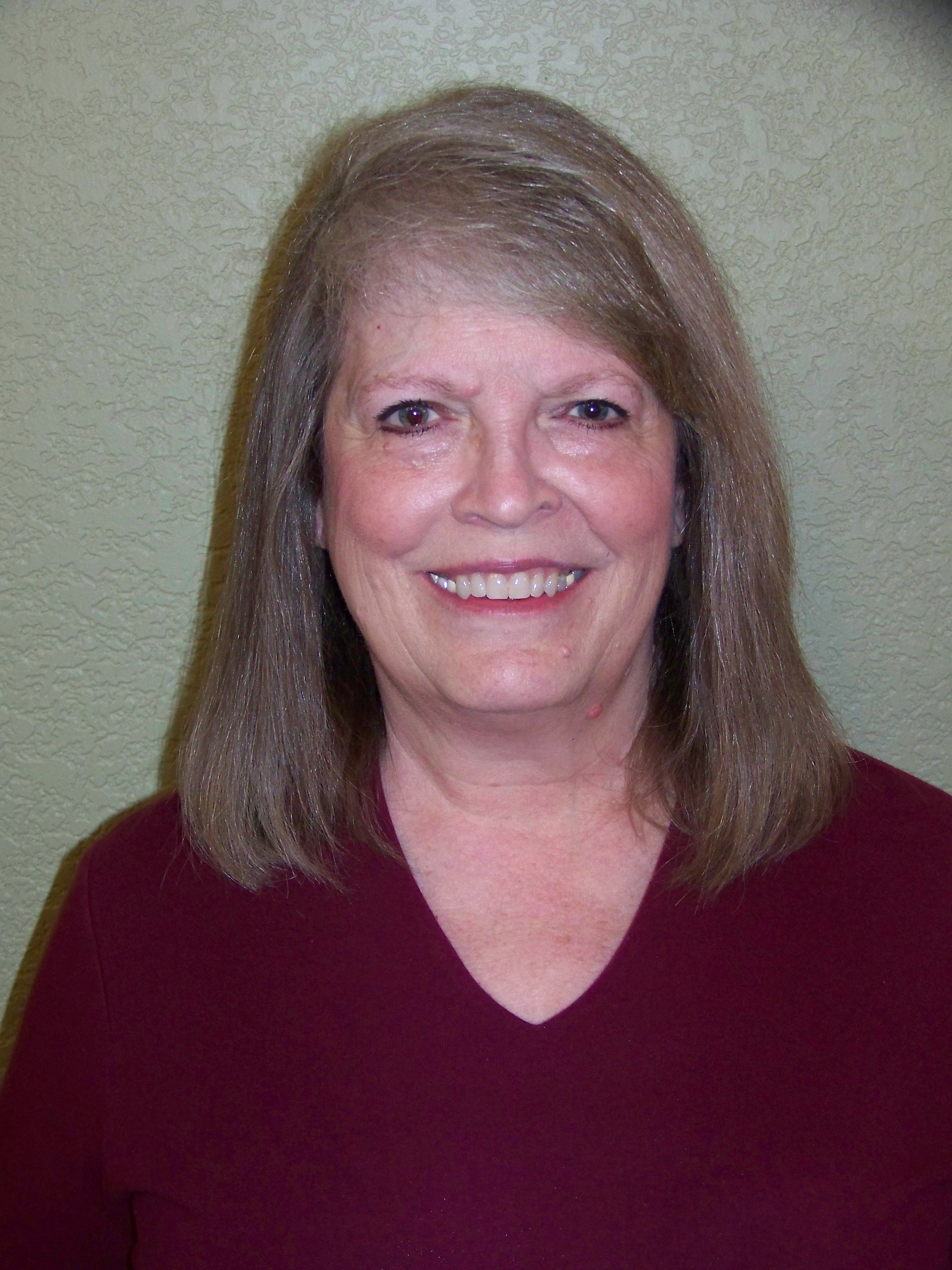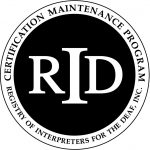
Partners Interpreting and StreetLeverage are excited to announce that Darlene Ensenat is the winner of the StreetLeverage – Live | Atlanta Giveaway.

Congratulation, Darlene! We look forward to hosting you at the event next week.
~ ~ ~ ~ ~
Partners Interpreting is going to send one lucky winner to Atlanta to enjoy StreetLeverage – Live April 26-28, 2013.
Entries will be accepted until April 18, 2013 at 5p ET.
Partners Interpreting is giving away a trip to StreetLeverage – Live | Atlanta for one lucky winner. Winner will receive airfare, hotel accommodations and event registration (up to $1000). Note, if the winner has already registered for the event, StreetLeverage will refund 100% of their paid registration fee.
Winner will be announced right here on or about April 19, 2013.
Enter below for your chance to win a trip to StreetLeverage – Live | Atlanta!
* No purchase necessary to enter or win. Any purchase or payment or support of any kind will not increase your chances of winning. See Official Rules for details. Odds of winning will depend on the total number of entries received. Online entry only and Internet connection required. Void where prohibited by law. Sweepstakes only open to legal residents of the fifty (50) U.S. or D.C., 21 years and older. Entry period begins at 4/6/2013 at 12:00 pm ET; ends at 5:00 p.m. ET on 4/18/2013. Total ARV for the prize package: $1000. Subject to full Official Rules. Sponsor: Partners Interpreting, LLC, 500 East Washington Street, Suite 34 N Attleboro, MA 02760.

[Entries are no longer being accepted for the Partners Interpreting StreetLeverage – Live | Atlanta Giveaway.]
– OFFICIAL RULES –
NO PURCHASE NECESSARY TO ENTER OR WIN. A PURCHASE, PAYMENT OR SUPPORT OF ANY KIND WILL NOT INCREASE YOUR CHANCES OF WINNING.
StreetLeverage – Live | Atlanta Giveaway (the “Sweepstakes”). How To Enter: Beginning April 6th, 2013 at 12:01 AM (ET) through April 18th, 2013 at 11:59 PM (ET) (the “Promotion Period”), go to www.streetleverage.com/2013/04/streetleverage-live-atlanta-giveaway/ (the “Website”) and complete and submit the entry form pursuant to the on-screen instructions. Winner Selection: On or about April 19th, 2011, one (1) potential winner (a “Winner”)will be selected in a random drawing from among all eligible entries received during the Promotion Period for the Sweepstakes. Drawing will be conducted by Sponsor, whose decisions are final. Odds of winning will depend upon the total number of eligible entries received during the Promotion Period. Winner Notification: Winners will be notified via phone or e-mail, at Sponsor’s discretion, on or about April 19th, 2013. Potential winner who does not respond within twenty four (24) hours of first attempted notification are deemed ineligible. Prizes & Approximate Retail Value: One (1) winner will receive a prize package consisting of: (i) airfare to Atlanta, GA (ARV: $550), two (2) nights hotel accommodations at Atlanta Marriott Perimeter Center (ARV: $250), and a StreetLeverage – Live | Atlanta event registration (ARV: $175) (collectively, the “Prize Package”). Approximate retail value (“ARV”) of the Prize Package is $1000. For Winner’s name, visit wwww.streetleverage.com/2013/04/streetleverage-live-atlanta-giveaway/ on April 19, 2013. Incomplete, misdirected, inaccurate, lost, late, delayed, or undelivered entry forms or entry forms that have been tampered with will be disqualified.
1. ENTRIES: Limit one (1) entry per person during the Promotional Period for the StreetLeverage – Live Giveaway. Entries using macro, robotic, script or other forms of automatic entry will be disqualified. Entries become the property of the Sponsor and will not be returned or acknowledged. Proof of submission does not constitute proof of receipt. If there is a dispute as to the identity of an entrant, the prize will be awarded to the authorized account holder of the email address. The “authorized account holder” is defined as the natural person to whom the email address is assigned by an Internet service provider, online service provider or other organization (e.g., business, education institution, etc.) that is responsible for assigning email addresses for the domain associated with the submitted email address.
2. ELIGIBILITY: Entrants must be legal residents of the 50 United States and the District of Columbia who are 21 years or older at time of entry. Void in Puerto Rico and where prohibited by law. Employees, officers, directors or agents of Sponsor, or their respective parents, affiliated entities and subsidiaries, participating advertising and promotion agencies (and members of their immediate family and/or those living in the same household of each such employee) are not eligible to enter or win.
3. CONDITIONS OF PARTICIPATION: Online entrants must have a valid e-mail address and it is entrant’s responsibility to update Sponsor of any change in e-mail address. Winner is solely responsible for any expenses not specifically included in the prize package description and any costs associated with the Sponsors purchase of prize package items exceeding $1000 collectively. Sponsor is required to report the total Prize Package for the Winner to Internal Revenue Service so Winner will be required to provide his/her tax ID number as a condition of getting the Prize Package. While Sponsor will report the value of the final Prize Package for the Winner to the Internal Revenue Service and all of Winner’s tax liability incurred by acceptance of the Prize Package (or any portion thereof) are the sole responsibility of the Winner. The Prize Package is awarded “as is” with no warranty or guarantee, either expressed or implied outside of the respective limited warranties. No transfer, assignment, or substitution of the Prize Package (or any portion thereof) is permitted, except Sponsor reserves the right, at its discretion, to substitute a prize for an item of equal or greater value in the event an item in the Prize Package is unavailable for any reason. All federal, state and local laws and regulations apply. Entrants agree to the bound by the terms of these Official Rules and by the decisions of Sponsor, which are final and binding on all matters pertaining to this Sweepstakes. Winners will each be required to sign and return an Affidavit of Eligibility, a Liability Release and where legally permissible a Publicity Release within forty eight (48) hours following the date of first attempted notification. Failure to comply with this deadline may result in forfeiture of the Prize Package. Return of any prize/prize notification as undeliverable may result in disqualification and selection of an alternate winner. Acceptance of the Prize Package, or any portion thereof constitutes permission for Sponsor and its agencies to use the Winner’s name and/or likeness, biographical material and/or entry (including an altered from of the entry) for advertising and promotional purposes without addition compensation, unless prohibited by law. By accepting the Prize Package, Winners agree to hold Sponsor, their advertising and promotion agencies and their respective parent companies, subsidiaries, affiliates, partners, representative agents, successors, assigns, officers, directors, and employees harmless for any injury (including death) or damage to persons or property caused or claimed to be caused, directly or indirectly, by participation in the Sweepstakes (including the way in which Winners are selected), the delivery, acceptance, use or misuse of any of the prizes and/or claims based on publicity rights, defamation or invasion of privacy. Sponsor is not responsible for any loss (financially or otherwise), injury or damage to persons or property which may be caused directly or indirectly, in whole or in part, from downloading any material from the Website, regardless of whether the material was prepared by Sponsor or a third party, and regardless of whether the material is connected to the Website by a hypertext link. Sponsor will not assume any liability either for the cancellation, modification or premature conclusion of the Sweepstakes for any reason or through the acts or defaults of any company or person providing any prize. All such losses or expenses must be borne by the affected participants and/or Winner. Sponsor is not responsible for any printing, typographical, mechanical or other error in the printing of the offer, administration of the Sweepstakes or in the announcement of the prizes.
4. INTERNET: Sponsor is not responsible for electronic transmission errors resulting in omission, interruption, deletion, defect, delay in operations or transmission, theft or destruction or unauthorized access to or alterations of entry materials, or for technical, network, telephone equipment, electronic, computer, hardware or software malfunctions or limitations of any kind, or inaccurate transmissions of or failure to receive entry information by Sponsor or presenter on account of technical problems or traffic congestion on the Internet or at any Web site or any combination thereof. If for any reason the Internet portion of the program is not capable of running as planned, including infection by computer virus, bugs, tampering, unauthorized intervention, fraud, technical failures, or any other causes which corrupt or affect the administration, security, fairness, integrity, or proper conduct of this Sweepstakes, Sponsor reserves the right at its sole discretion to cancel, terminate, modify or suspend the Sweepstakes. Sponsor reserves the right to select winners from eligible entries received as of the termination date. Sponsor further reserves the right to disqualify any individual who tampers with the entry process. Sponsor may prohibit an entrant from participating in a Sweepstakes if it determines that said entrant is attempting to undermine the legitimate operation of the Sweepstakes by cheating, hacking, deception or other unfair playing practices or intending to abuse, threaten or harass other entrants. Caution: Any attempt by a participant to deliberately damage any Web site or undermine the legitimate operation of the Sweepstakes is a violation of criminal and civil laws and should such an attempt be made, Sponsor reserves the right to seek damages from any such participant to the fullest extent of the law.
5. DISPUTES/CHOICE OF LAW: Except where prohibited, each entrant agrees that: (1) any and all disputes, claims and causes of action arising out of or connected with this Sweepstakes or any prize awarded shall be resolved individually, without resort to any form of class action, and exclusively by state or federal courts situated in Atlanta, GA; (2) any and all claims, judgments and awards shall be limited to actual out-of-pocket costs incurred, but in no event attorneys’ fees; (3) no punitive, incidental, special, consequential or other damages, including without limitation lost profits may be awarded (collectively, “Special Damages”); and (4) entrant hereby waives all rights to claim Special Damages and all rights to have such damages multiplied or increased. Georgia State law, without reference to Georgia’s choice of law rules, governs the Sweepstakes and all aspects related thereto.
6. MISCELLANEOUS. The invalidity or unenforceability of any provision of these Official Rules or the Affidavit will not affect the validity or enforceability of any other provision. In the event that any provision of the Official Rules or the Affidavit is determined to be invalid or otherwise unenforceable or illegal, the other provisions will remain in effect and will be construed in accordance with their terms as if the invalid or illegal provision were not contained herein. Sponsor’s failure to enforce any term of these Official Rules will not constitute a waiver of that provision. When terms such as “may” are used in these Official Rules, Sponsor has sole and absolute discretion. Entrants agree to waive any rights to claim ambiguity of these Official Rules. Headings are solely for convenience of reference and will not be deemed to affect in any manner the meaning or intent of the documents or any provision hereof. In the event there is a discrepancy or inconsistency between disclosures or other statements contained in any Sweepstakes-related materials, privacy policy or terms of use on the Website and/or the terms and conditions of the Official Rules, the Official Rules shall prevail, govern and control and the discrepancy will be resolved in Sponsor’s sole and absolute discretion.
7. SPONSOR: The Sponsor of this Sweepstakes is Partners Interpreting, LLC, 500 East Washington Street, Suite 34 N Attleboro, MA 02760.







 March 10, 2013:
March 10, 2013:




